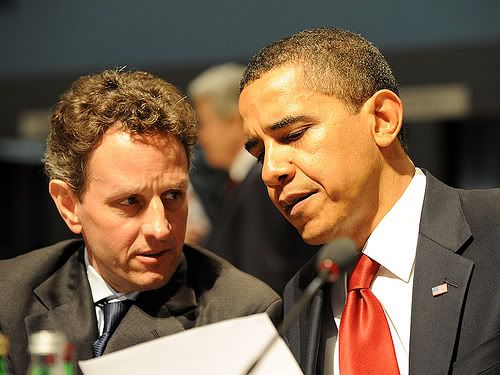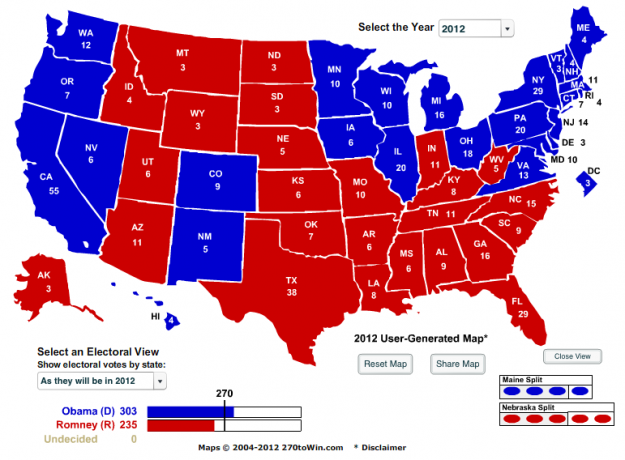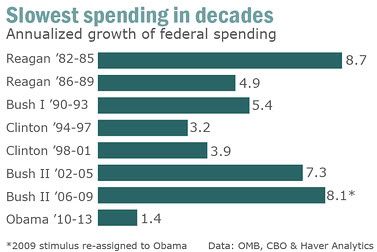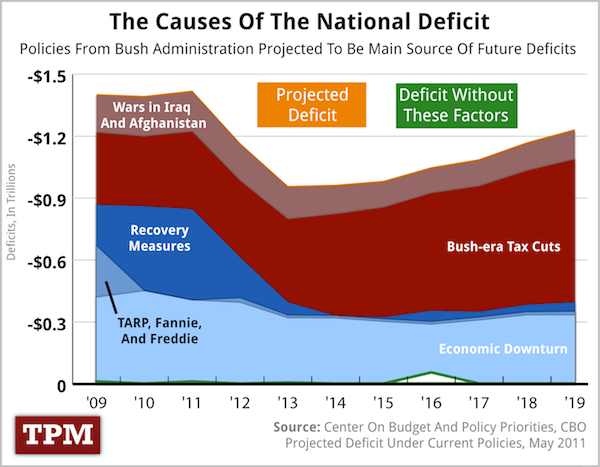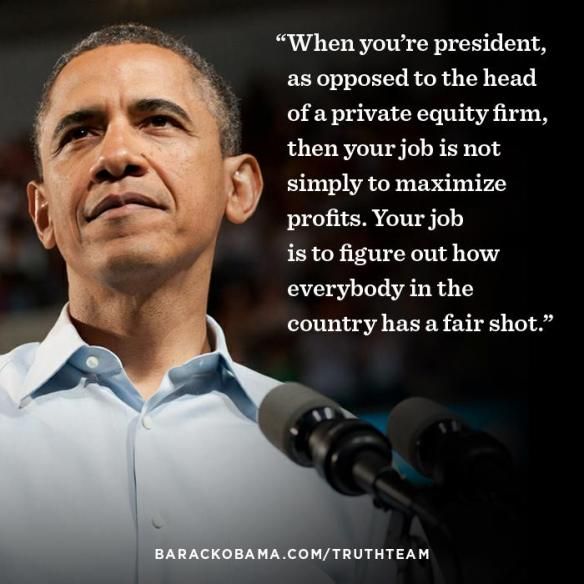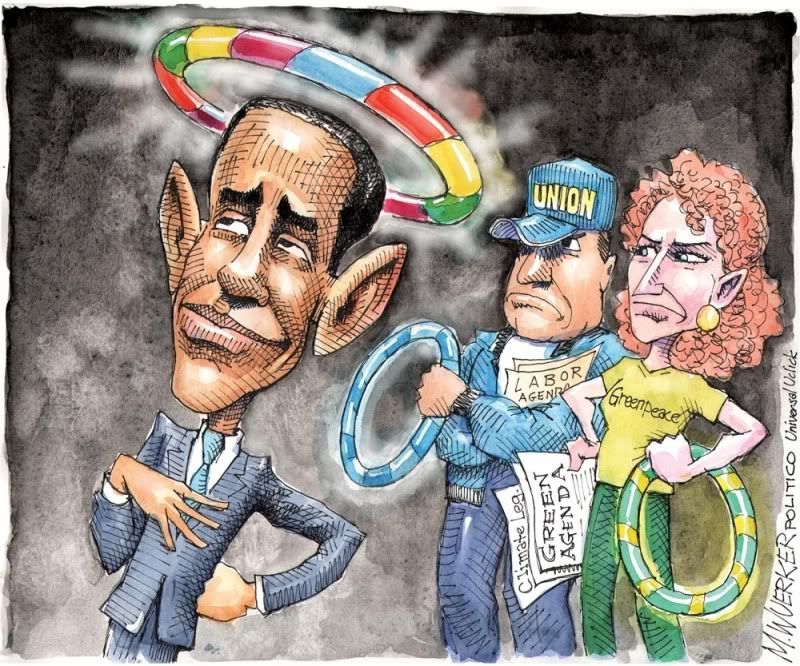This is something that's been rolling around in my head the last few days and I thought I'd take a stab at writing about it. I'm pretty sure it will be interesting to no one but me - but hey, this is my blog so that's the fun of it. I get to please myself.
I first noticed blogs back in 2004. I've always been somewhat of a political junkie. But it was Howard Dean's campaign that introduced me to them as a way to connect with other political junkies online. I didn't participate - but I read and didn't feel so alone.
Like many liberals, the first community blog I found was Daily Kos. I started reading there around the time of the 2004 election and felt such relief in hanging out with others who were just as depressed and enraged as I was at Bush's re-election. Again, I didn't participate - just read.
And then the pie wars hit. It all started over a pretty sexist ad that made me somewhat uncomfortable, but I was willing to look beyond it. What rocked my world was the flame war that started in response and the incredibly sexist remarks my so-called "liberal brothers" made as the conversation turned away from the ad and became more generally about sexism. Call me naive, but I usually assumed those kinds of attitudes were restricted to our opponents on the right. So I had to do some soul-searching.
A bunch of refugees from the pie wars migrated over to BooMan Tribune. And I went with them. It was really a lovely community for a while. And it was there that in a matter of a day or two I signed up, made my first comment, and actually wrote a diary.
I won't go into any specifics, but after awhile both political and personality clashes started to happen between regulars there. It was finally those mostly related to personality that caused a blow-up and permanently fractured the community.
A few of us wandered around awhile on existing blogs and even created one of our own together that didn't last long. About that time Docudharma was formed by a crowd of Daily Kos writers. I found the site and settled in. As at BooMan Tribune, a wonderful community formed - although there were occasionally personal and political tensions.
The real rift for me came when Barack Obama was elected. I had become quite impressed with him but others on the site decided that they couldn't support him unless he prosecuted Bush/Cheney for torture. We had some pretty serious discussions about that and eventually I found that the personal relationships I had developed with folks there couldn't withstand the disagreement.
I went back to writing/talking at Daily Kos with one goal in mind - to see if people could actually talk to each other past their differences. I didn't want to give up what I believed and didn't expect others to either. I just wanted to know if we could still converse.
The result was that I honed my skills as a writer and debater, but overall it will come as a surprise to no one who witnessed the Obamarox vs Obamasux wars there that the experiment was a failure.
That's how I landed here. I had created this site on a whim between my time at BooMan Tribune and Docudharma - but hadn't used it very much. I finally decided that I just wanted a place of my own where I could say what I wanted.
What I learned from those travels comes down to basically 2 things:
First of all, the personal and the political are inescapably combined. It hurt to see friendships die as a result of political differences. And I suspect that I am much more cautious with sharing personally online as a result. I try not to go too far with that - but I'm here to talk politics. I truly enjoy the friendships I've made in the process, but perhaps you'll understand from all of the above why I might be a bit slow to "warm up."
Secondly, I learned that we are absolutely lousy at knowing how to disagree with each other. We take it all so g-d personally. If someone doesn't see things exactly like we do, they must be either blind or evil. And then our response is to either cut them off or trash them personally.
This is one of the many reasons I became such an Obamabot. What I see in our President is something I aspire to - the ability to be confident enough in your own self to be able to actually listen to others you disagree with respectfully. And to be open to the idea that they might not always be wrong.
This doesn't mean you don't get angry. It just means that you know your anger is about a disagreement, not a need to destroy or discard the other person. In that way you can stay engaged to either find some resolution or simply agree to disagree.
Let me just add that its those who discard you over differences that - to me - are even more painful than those who try to destroy you. That's because it tends to come from those you consider friends. The message is that their rigidly held beliefs are more important to them than you are.
So I'm still a work in progress on all of this. A comment by a reader at
Andrew Sullivan's blog captured my aspirations.
Our culture has an overabundance of professional arguers: people with opinions firmly in place who set out to convert us to their way of thinking (or, more often the case, to increase our certainty in the way we already think).
What we don't have much of are writers who allow us to see their own uncertainty and who invite us to think along with them.


